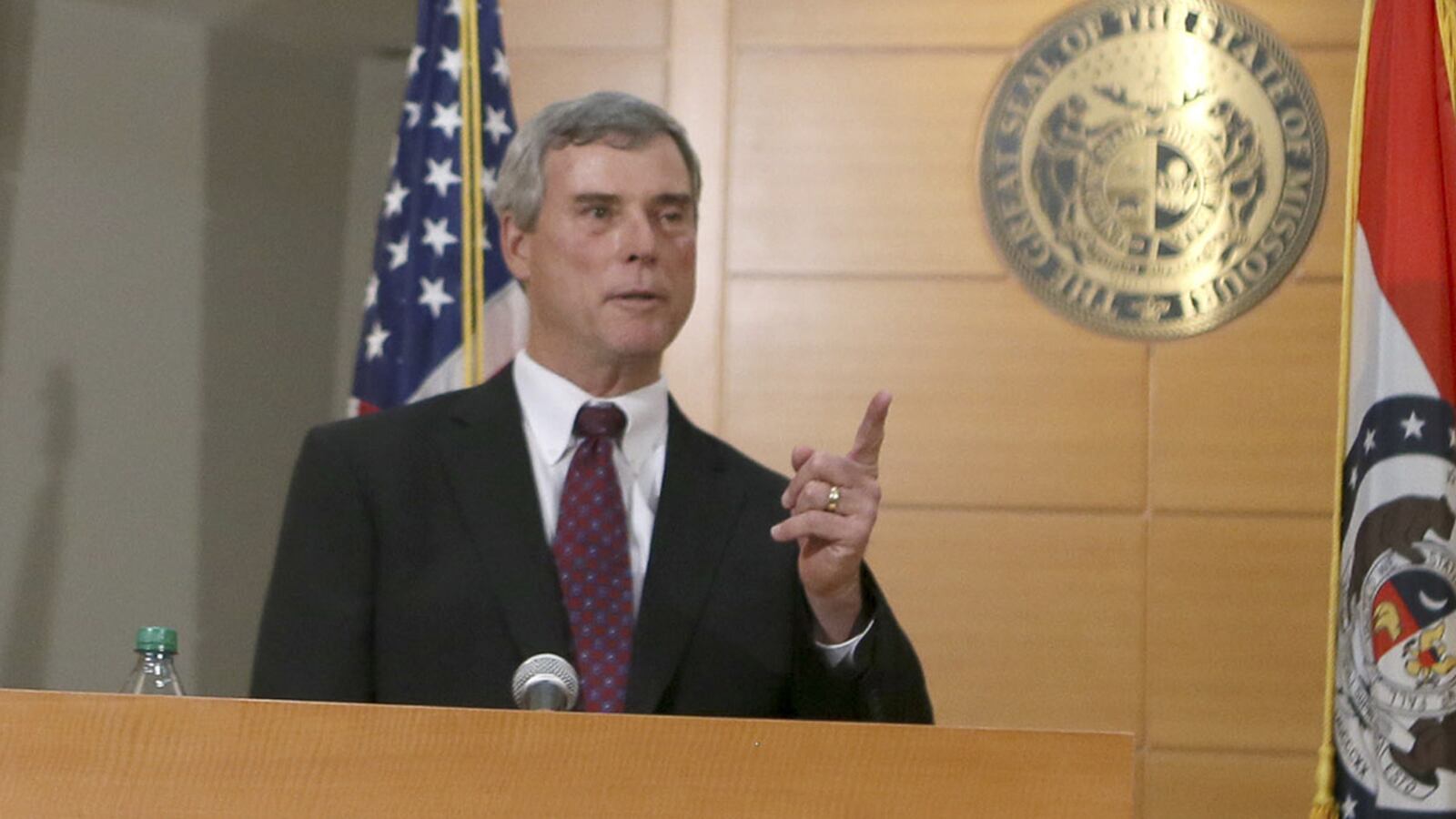We need more grand juries like the Ferguson grand jury. In an ironic twist, Ferguson’s grand jury provides a blueprint for a radical civil rights revolution that could help end the worst racial injustice in America today. Here’s why.
Many observers have noted that the grand jury result in Darren Wilson’s case is highly unusual. Federal grand juries indict in more than 99 percent of cases; state grand juries aren’t quite at that level, but still indict in an overwhelming number of cases. The grand jury deck is heavily stacked to favor prosecution. For instance, prosecutors have no obligation to present all of the evidence in a case, just enough evidence to get an indictment. The old adage is that if a prosecutor asked them, a grand jury would indict a ham sandwich. Other than sandwiches, who are grand juries indicting, and how? They disproportionately indict young African-American men, and they usually do it very quickly. Grand juries often hear dozens of cases in a single day, and may hand down an indictment based on ten minutes or less of testimony. As one news article notes, “Prosecutors present as many as 40 cases a day to grand juries,” who in turn “indict most suspects in less time than it takes to brew a p ot of coffee.”
This is why the grand jury in Darren Wilson’s case was so unusual. It isn’t just that the result was out of the ordinary— the process was also unique. The grand jury heard an incredible 70 hours of testimony from 60 witnesses over a three month period. In another unusual move, the grand jury considered not only the basic elements of the crime, but also affirmative defenses. Ashby Jones writes at the Wall Street Journal blog that “It’s not disputed that Ferguson police officer Darren Wilson shot and killed 18-year old Michael Brown on August 9. The question jurors were likely asked to consider went beyond that: whether Mr. Wilson was justified in shooting Mr. Brown.” And in yet another atypical move, prosecutors presented this grand jury not just a cherry-picked case for prosecution but “absolutely everything ... Every scrap of paper that we have. Every photograph that was taken.”
This approach should not be condemned; it should be expanded upon. While cases like the Mike Brown and Trayvon Martin killings receive media attention, they aren’t actually representative of the way that most African-American young men interact with the justice system today. Instead, today’s criminal justice system mostly interacts with young Black men by putting them behind bars at an alarming rate. In recent years nearly one million African-Americans have been incarcerated at the federal, state or local levels. As many as one in three Black men born today will spend time incarcerated.
When they do leave prison, these men are largely unemployable and ineligible to vote, and often end up back in the system. This mass incarceration is destroying the Black community -- it is, as Michelle Alexander writes, the New Jim Crow. And it depends on grand juries who act as a conveyor belt, quickly funneling tens of thousands of young Black men into prison.
The contrast with the Wilson grand jury is a stunning illustration of the racial double standards in criminal justice. We should undo that double standard by offering similar protections to every young Black man who is arrested in this country. If grand juries across the United States regularly deliberated for twelve weeks rather than twelve minutes, it would become physically impossible to incarcerate a million African-Americans. If every grand jury heard seventy hours of testimony from sixty witnesses over three months, it would mean the end of mass incarceration in America.
Of course, racial double standards have been lived reality throughout American history. But perhaps the sheer visibility of the grand jury in this case will call attention to the problems of how grand juries usually operate. Ironically, the Ferguson grand jury provides a model for how to end the over-incarceration of African-Americans today. I hope that a thousand more grand juries will follow its lead.
Kaimipono Wenger teaches at Thomas Jefferson School of Law in San Diego, California.




